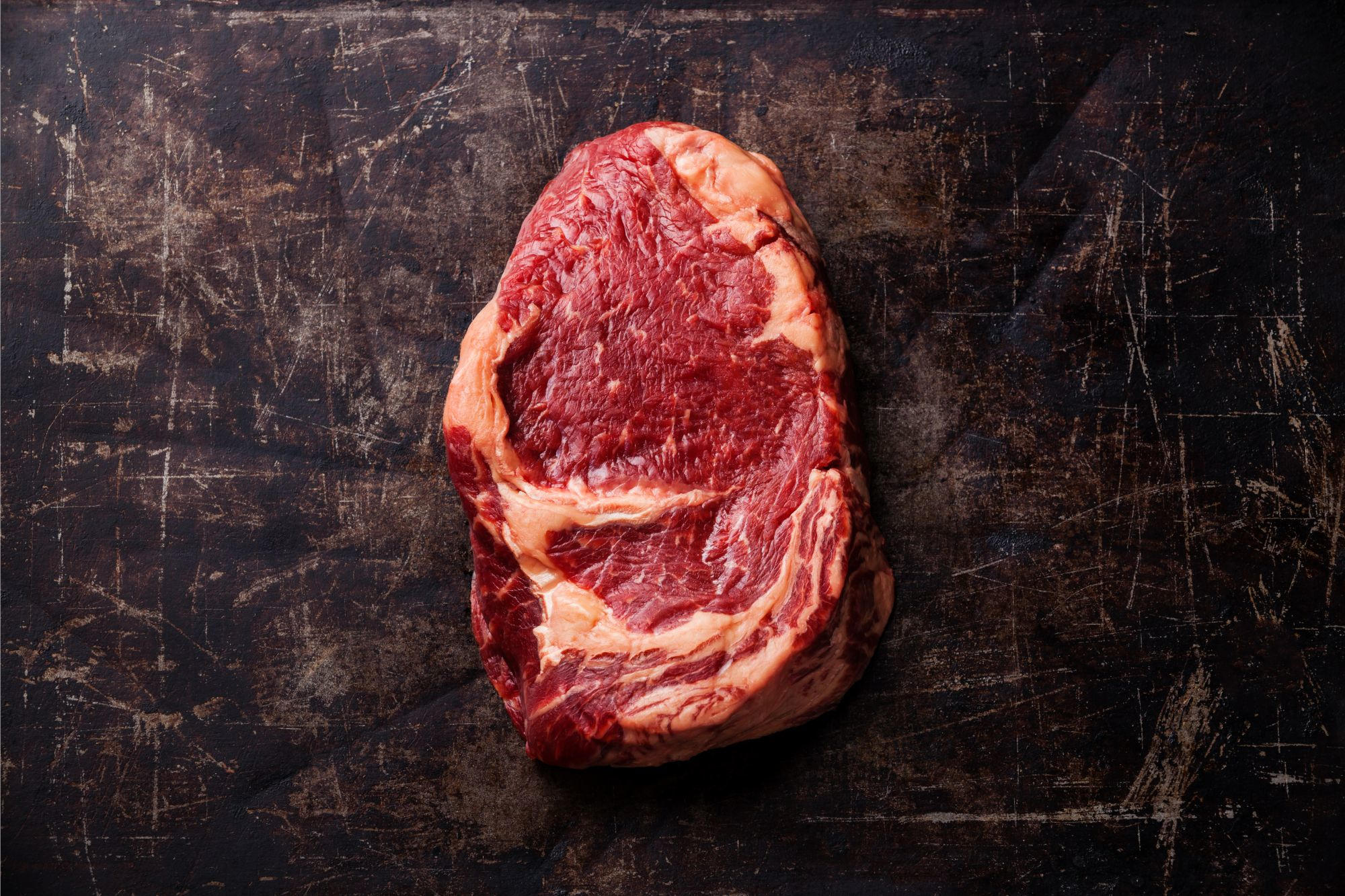By

A recent study found that even eating red meat twice a week can increase the risk of developing type 2 diabetes. Risk increases with increased consumption. However, replacing red meat with healthy plant-based protein sources such as nuts and legumes or dairy foods can reduce this risk. Beyond the health effects, choosing plant proteins over red meat can help mitigate environmental issues like greenhouse gas emissions.
Switching from red meat to plant-derived protein sources can reduce diabetes risk and provide environmental benefits.
A recent study conducted by the Harvard DH Chan School of Public Health found that consuming red meat twice weekly may increase the risk of type 2 diabetes. The study further indicates that this risk increases with increasing meat intake. However, replacing red meat with healthy plant-based proteins such as nuts and legumes or moderate portions of milk can help reduce your chances of developing the condition.
This study was recently published The American Journal of Clinical Nutrition.
“Our findings strongly support dietary guidelines that recommend limiting consumption of red meat, and this applies to both processed and unprocessed red meat,” said first author Xiao Gu, a postdoctoral researcher in the Department of Nutrition.
While previous studies have found an association between red meat consumption and type 2 diabetes risk, this study analyzed a larger number of type 2 diabetes patients among participants followed for several years, adding more certainty to the association. .
Increasing Concerns and Research Methodology
The rate of type 2 diabetes is increasing rapidly in the United States and around the world. Not only is this a serious disease burden, but it is also a major risk factor for cardiovascular and kidney disease, cancer and dementia.
For the study, researchers analyzed health data from 216,695 participants from the Nurses’ Health Study (NHS), NHS II and the Health Professionals Follow-up Study (HPFS). Diet was assessed with food frequency questionnaires every two to four years, up to 36 years. During this time, more than 22,000 participants developed type 2 diabetes.
Key research findings
The researchers found that consumption of red meat, including both processed and unprocessed red meat, was strongly associated with an increased risk of type 2 diabetes. Participants who consumed the most red meat had a 62% higher risk of developing type 2 diabetes compared to those who ate the least amount. Each additional daily serving of processed red meat was associated with a 46% increased risk of developing type 2 diabetes, and each additional daily serving of unprocessed red meat was associated with a 24% increased risk.
The researchers also assessed the potential effects of substituting one daily serving of red meat for another protein source. They found that switching to nuts and legumes was associated with a 30% lower risk of type 2 diabetes, and switching to dairy products was associated with a 22% lower risk.
“Based on our findings and previous work by others, it may be reasonable to offer red meat once a week to people who want to improve their health and well-being,” said senior author Walter Willett, professor of epidemiology and nutrition.
In addition to the health benefits, replacing red meat with healthy plant protein sources could help reduce greenhouse gas emissions and climate change, and provide other environmental benefits, the researchers suggest.
Reference: Xiao Gu, Jean-Philippe Drouin-Chartier, Frank M. Sachs, Frank B. “Red Meat Intake and Risk of Type 2 Diabetes in a Prospective Cohort Study of United States Women and Men” by Hu, Bernard Rosner, and Walter C Willett, 19 October 2023, American Journal of Clinical Nutrition.
DOI: 10.1016/j.ajcnut.2023.08.021
Other Harvard Chan School faculty include Frank Sacks and Frank Hu.
NHS, NHS II and HPFS are supported by the National Institutes of Health (grants UM1 CA186107, U01 CA176726 and U01 CA167552).

